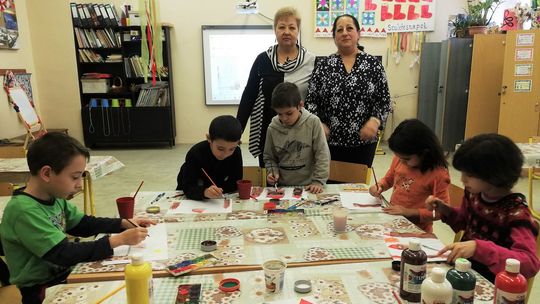A really scathing assessment of the Slovak Republic Strategy for Roma education between 2016 and 2020. According to the official audit, 173 Mio Euros were spent, which in comparison to 500’000 Roma in the country is not exactly a lot.
The programs did not meet their own set goals. Worse, the programs did not have clearly specified goals. Thus, according to the article, “it was not possible to monitor the progress and adapt the activities or to inform the public about the development. Later, the indicators were modified, which lost continuity and made everything even more unclear. What did not change over time was the problem of data unavailability. They were missing during the entire period.”
- Minuli 173 miliónov na vzdelávanie Rómov. Bez výsledku. In: Dennik N. 14.02.2023. https://dennikn.sk/3238319/minuli-173-milionov-na-vzdelavanie-romov-bez-vysledku/
